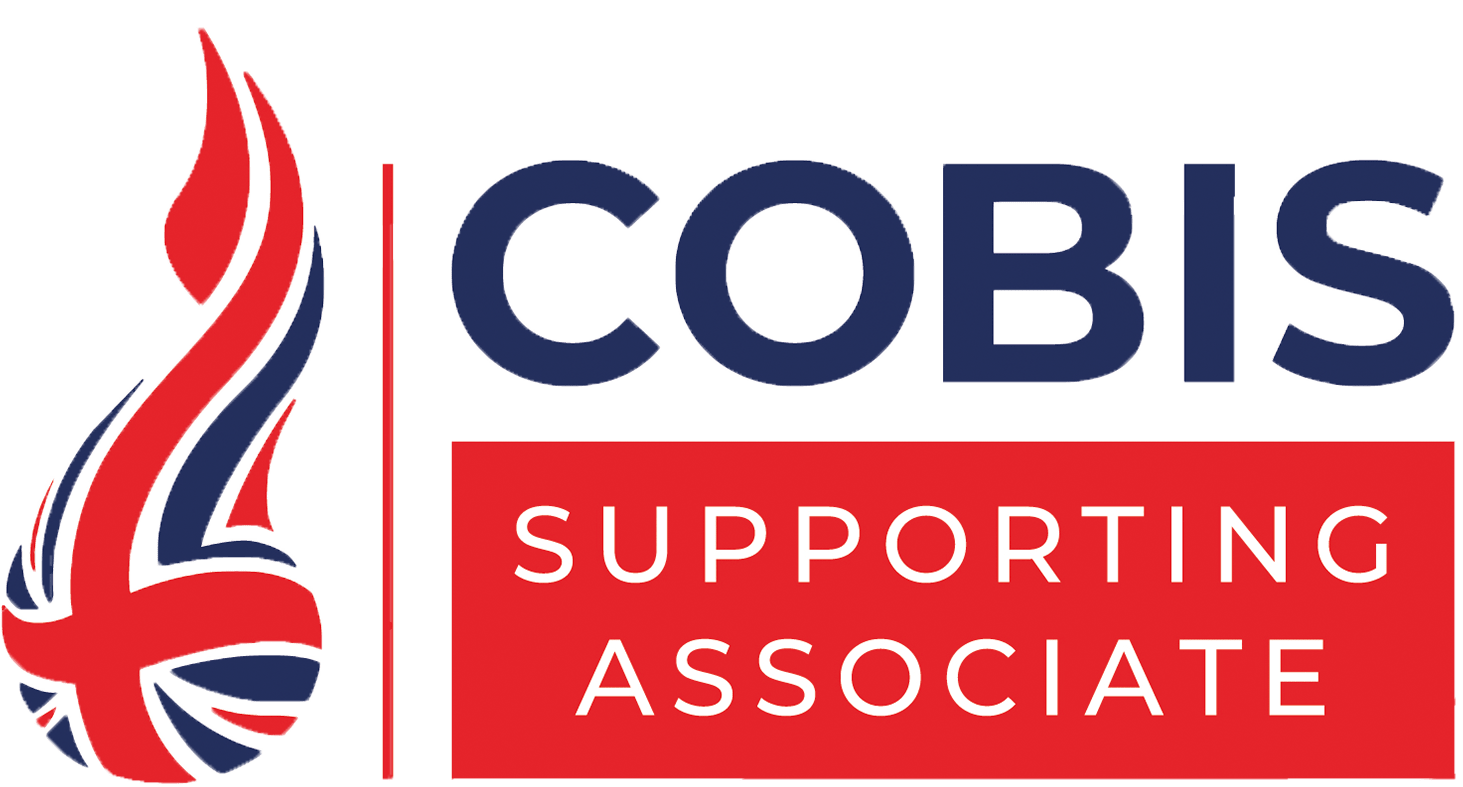Last week, we published the views of Dr Chris Harrison, one of the researchers involved in the King’s-Medway-Oxfordshire Formative Assessment Project (KMOFAP). You can read that post here.
This time round, we hear from Paul Spenceley, one of the project’s original science teachers.
I was one of the original science teachers from Medway lucky enough to have been involved on the KMOFAP project. This provided the one time in my career, where a proper amount of time to introduce new ideas, and reflect on them, was possible in my teaching. I still feel, passionately, that this longer-term approach to CPD, of all types, would benefit schools, rather than the ‘this term we are going to improve… and next term we will…’
The time allowed for trying ideas – as well as reflecting on them and sharing them with others – was a true revelation, and although I had already been teaching for 18 years, the King’s project was to have a profound impact on my whole outlook to teaching, lasting throughout the rest of my career.
Originally, different techniques to better assess, and feed back to students were the focus of what was then termed ‘formative assessment’, but what we now know as Assessment for Learning (AfL). These techniques included a range of ideas for self- and peer-assessment, with greater emphasis on metacognition, as well as fundamental changes in the way that science topics were delivered. At the time, I recall likening this stage to feeling that I had changed from being a hamster ‘trapped in the wheel’ of continuous teaching, testing and moving on (such a traditional approach to science teaching), to become a more free-thinking ‘rat’.
Very quickly, those of us on the project began to realise that AfL was not about a number of techniques, but was, in fact, a whole approach to teaching. It was at this stage that I finally felt I had ‘got’ the message. No one area of assessment can be separated from the overall approach to teaching. Since this time in the early 2000s, I have spoken at many schools, conferences, etc., and have always delivered this same message.
There is no doubt that schools have become more aware of the importance of AfL over the past 20 years, and there has been progress in the ways that secondary schools have approached the subject. (Primary schools, too, but they have always been so much better at it, from my experience.) However, even after all this time, I still come across far too many schools where understanding of AfL is weak – where senior leaders talk of the school having ‘done’ self- and peer-assessment, ‘student responses’, etc., or of being confident with ‘staff feedback’ as if these are isolated techniques. This still prevails over the understanding that AfL actually requires a whole approach to teaching and learning, where none of the separate components will ultimately be truly successful without the rest.
My subject, science (much like maths), tends to be particularly weak with AfL. Too often, it sees itself as ‘different’ to other subjects. When visiting schools, it is important to bear this in mind: to understand that, although AfL may be very well established in some subjects, in others it often remains weak.
At a whole-school level, I still see too many incidents where data – target grades, especially – are used as measures of the success of AfL. Of course, this is so far removed from the original KMOFAP ideas that it makes me sad. In those weaker subjects at AfL, in particular, when target grades are ‘missed’, senior leaders tend to then look for quick fixes, which move the subjects and departments even further away from good AfL practice.
I taught for another 18 years after starting on KMOFAP, which came right in the middle of my career. All of my working life was spent as a classroom teacher. Half of the time after the project, I spent in a large, challenging comprehensive school, and, for the other nine years, I was in a very high-achieving girls’ grammar school. For the whole of that time, I felt very lucky to have been involved in the project, and my whole way of teaching was built around the knowledge I gained from it.
My experience showed me how, in two very different school contexts, the ‘big picture’ of AfL could work successfully in science and in other subjects. Having recently retired, I still offer my services to schools, to encourage staff to look again at the whole picture of AfL; I feel passionately that this idea was truly at the core of KMOFAP.
KMOFAP has undoubtedly made an impact on AfL in England, in particular in secondary schools. I find it a little disheartening that, nearly 20 years on, the central message has never truly been understood by some, or has been lost among the ‘target grade’-driven system which has since developed.
Revisit Dr Chris Harrison’s post on KMOFAP here, and to see what Evidence Based Education is doing to try and reignite what Paul terms ‘the big picture of AfL’, discover our Assessment Lead Programme through this series of videos and resources.





